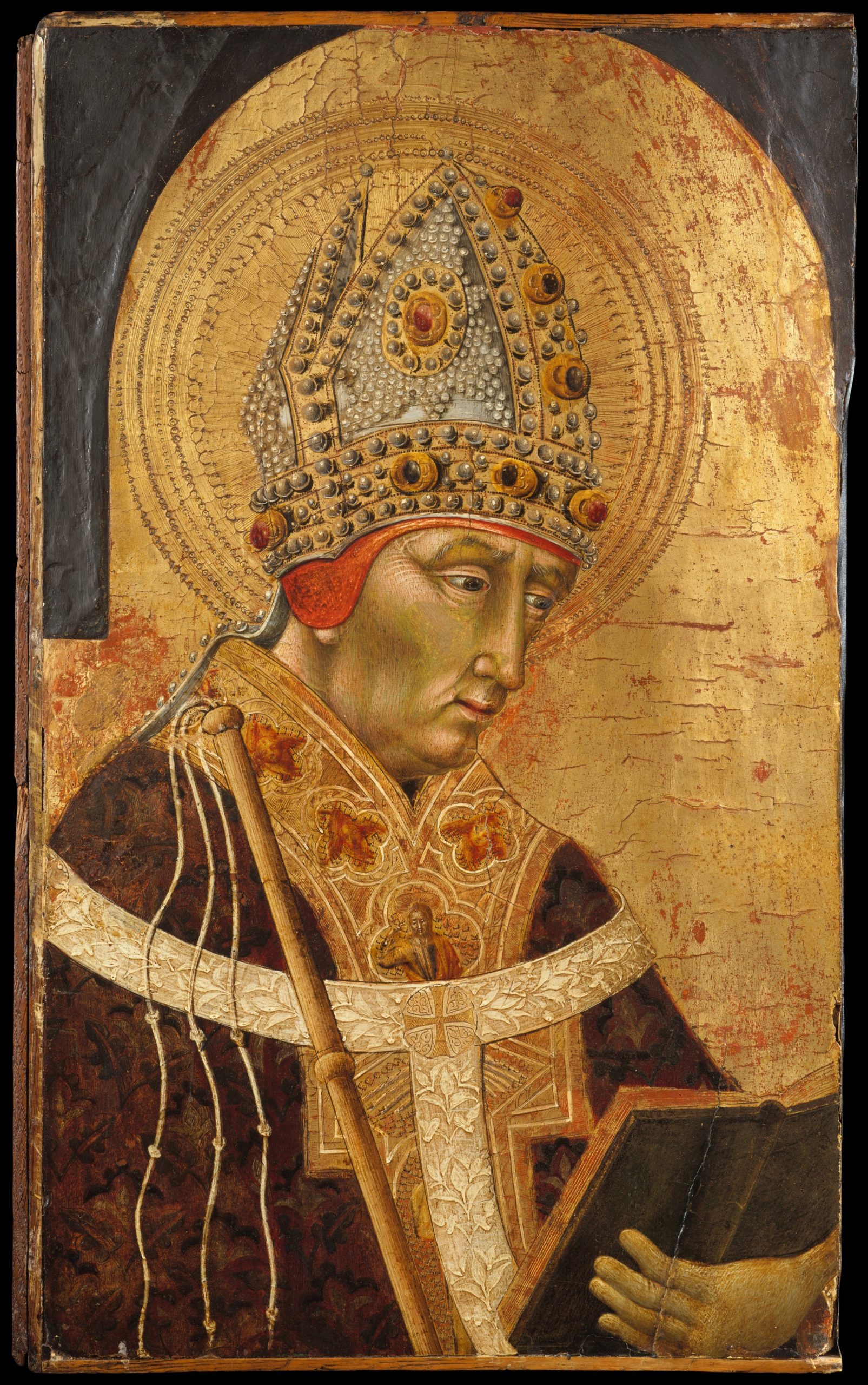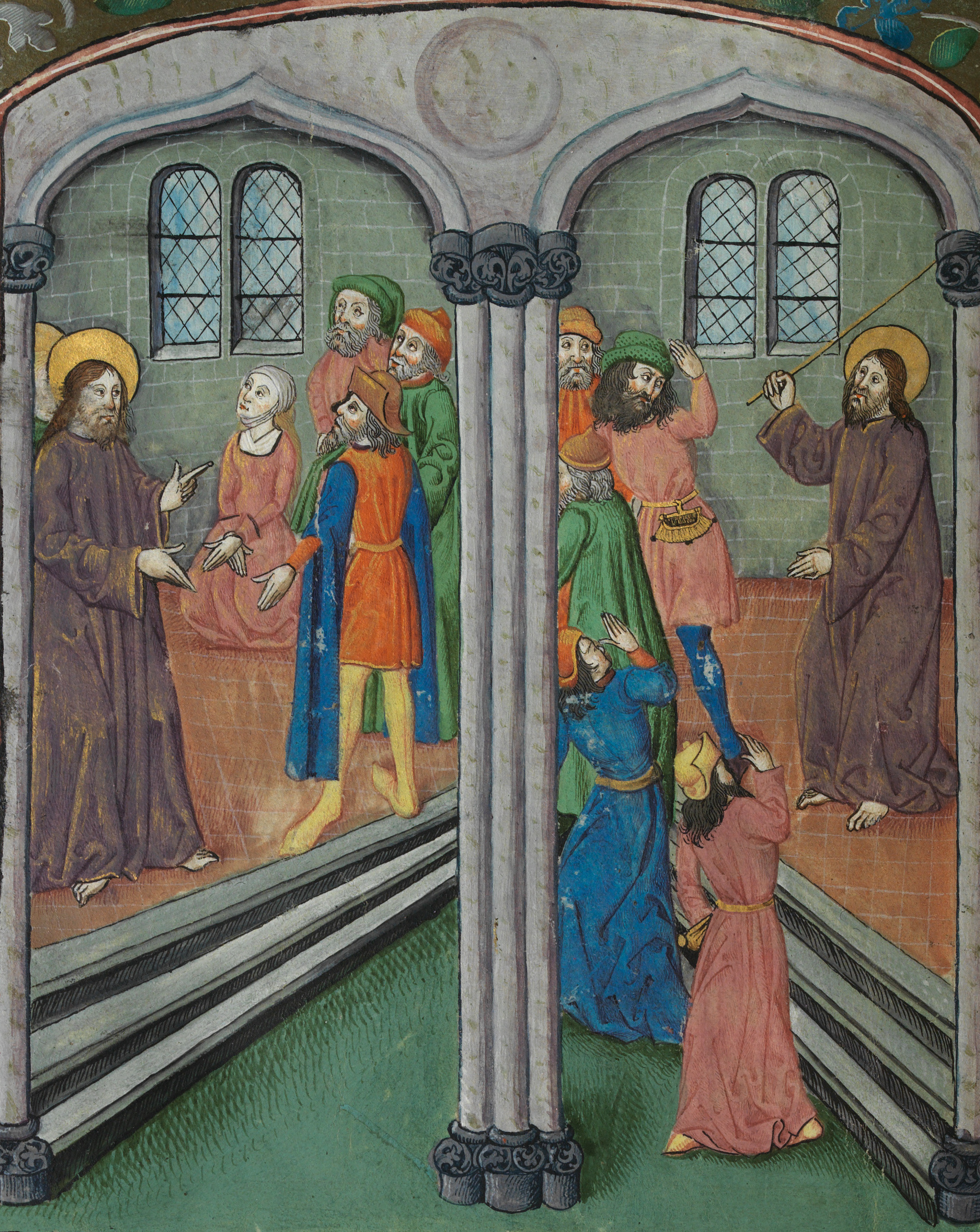On April 27, two popes will be canonized as saints: Pope John Paul II and Pope John XXIII. Both men lived extraordinary lives, reflecting Christ’s love and standing as models of Christian faith for everyone to see.
As we approach this season of Easter joy and celebration, it’s the perfect opportunity to ask ourselves how we too can be saints. What does it mean to be a saint, and how can we become one?
Let’s start our investigation in Verbum by simply typing the word “Saint” in the Go box.
Doing so opens up an entire layout, complete with a Topic Guide to begin my study. Immediately I see (in the HarperCollins Bible Dictionary) that the word “saint” occurs in Ps. 31:23—“Love the Lord, all you his saints!” (NRSV)—and comes from the Hebrew term khasid, which is expressive of covenant faithfulness. It goes on to say that “saints” in the New Testament is always translated from the Greek hagioi, the term for “holy ones”: “Thus in Rom 1:6-7, the phrases “called to belong to Jesus Christ,” “God’s beloved,” and “called to be saints” are virtually synonymous.”
This is helpful, but I wonder if a plain dictionary can help us out a bit more regarding more recent etymology. Right-clicking “saint” and opening it up in Marriam-Webster’s, we read that the word comes from the late Latin sanctus (sacred), specifically from the past-participle form sancire—“to make sacred” (or to “set apart for God.”)
We know at this point that the older understanding of saint is one who is “called to belong to Christ” or one who is set apart for God. The Catechism of the Catholic Church defines a saint as:
“The ‘holy one’ who leads a life in union with God through the grace of Christ and receives the reward of eternal life.”
We see two important elements here in addition to what we’ve learned so far:
1) A saint lives a life in union with God through the grace of Christ
2) A saint is one who has “received the reward of eternal life”
This second point is an important distinction for understanding the modern usage of the word. When referring to a saint, we usually mean those who are living with Christ in heaven, whereas the earlier Greek and Hebrew words didn’t necessarily refer to those who have died. But we also know that the Catechism says:
“The Church . . . is held, as a matter of faith, to be unfailingly holy. This is because Christ, the Son of God, who with the Father and the Spirit is hailed as ‘alone holy,’ loved the Church as his Bride, giving himself up for her so as to sanctify her; he joined her to himself as his body and endowed her with the gift of the Holy Spirit for the glory of God.” The Church, then, is “the holy People of God,” and her members are called “saints.”
This is a good starting point for understanding sainthood. Next time, we’ll use Verbum to take a closer look at saints in Scripture and throughout the history of the Church.








